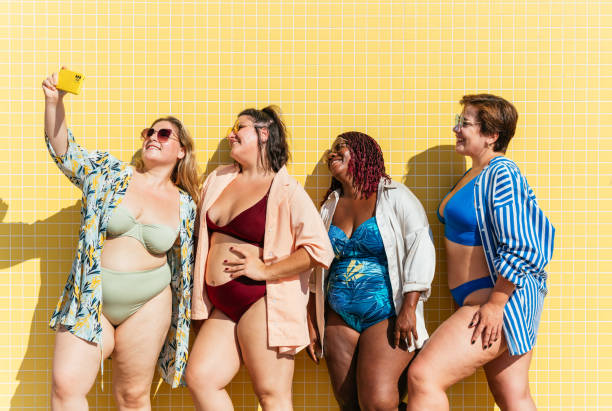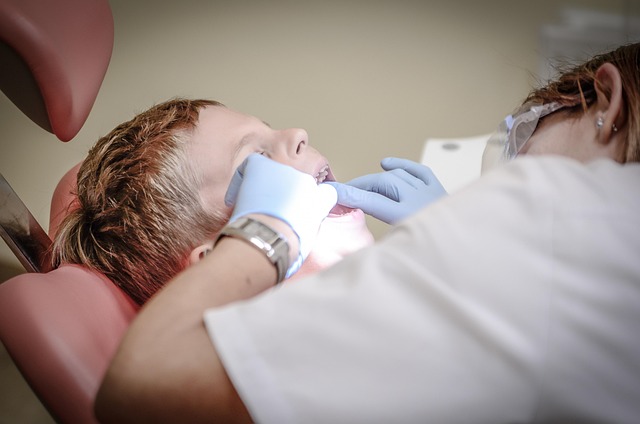Decoding the Influence of Social Media on Body Image Perception
In a society where social media is ubiquitous, its impact on our perception of body image cannot be overlooked. Read below to understand how this digital revolution has shaped our self-perceptions and what it means for contemporary society. The advent of the internet and the subsequent rise of social media have created a paradigm shift in human communication and interaction. While social media platforms offer numerous benefits, they also serve as a breeding ground for body image issues. Historically, media outlets such as magazines and television have played a significant role in dictating beauty standards, but the reach and immediacy of social media have amplified this influence.

The Instagram Ideal: The Rise of a New Beauty Standard
Instagram, one of the most popular social media platforms, has become a significant contributor to body image perceptions. The platform encourages the sharing of personal images, often edited or filtered, creating a skewed representation of reality. This has led to the rise of the ‘Instagram Ideal,’ a beauty standard defined by flawless skin, a slender body, and luxurious lifestyles. Such unrealistic standards have been linked to increased body dissatisfaction, particularly among young women.
The Impact of Social Media on Men’s Body Image
While much of the research and discourse around social media and body image focus on women, men are not immune to these pressures. Social media platforms, particularly those that emphasize fitness or athleticism, have given rise to the ‘Adonis Complex.’ This term refers to the obsession with muscularity and physical perfection, leading to negative self-perceptions and even harmful behaviors like excessive exercise or steroid use.
Social Media and Body Image: A Global Phenomenon
The influence of social media on body image is not confined to any one culture or country. The ease of access to these platforms makes it a global issue, impacting individuals across diverse cultural contexts. Studies have found that exposure to Western beauty ideals via social media can cause body dissatisfaction in non-Western countries, highlighting the global reach of this issue.
Towards a Healthy Digital Culture: The Way Forward
Despite the challenges posed by social media, it also offers a platform for positive change. Increasingly, influencers and ordinary users alike are using these platforms to challenge unrealistic beauty standards and promote body positivity. This shift towards a more inclusive and realistic representation of bodies could potentially counteract some of the negative impacts of social media on body image.
In conclusion, the influence of social media on body image is a complex and multifaceted issue, intersecting with various aspects of contemporary culture. As we navigate this digital age, it is critical to promote a healthy digital culture that celebrates diversity and encourages positive self-perception.






